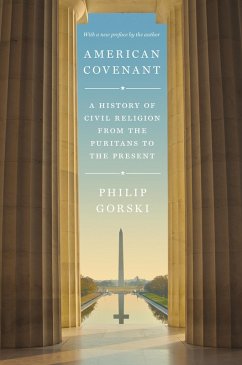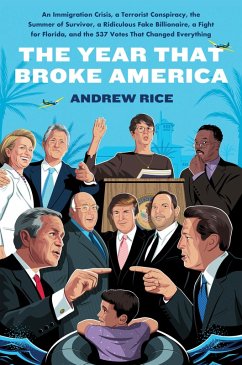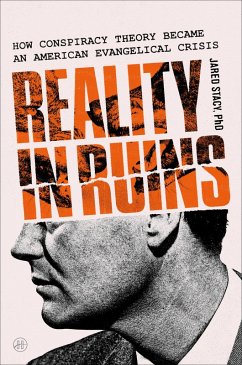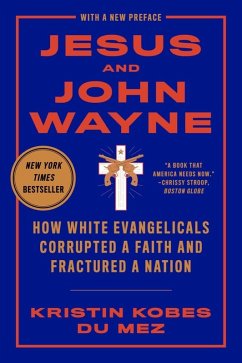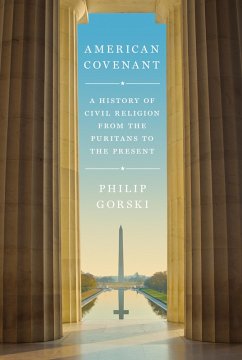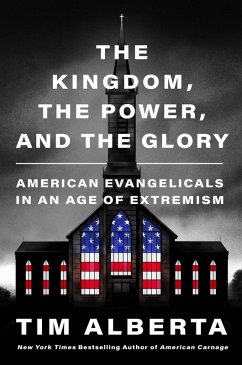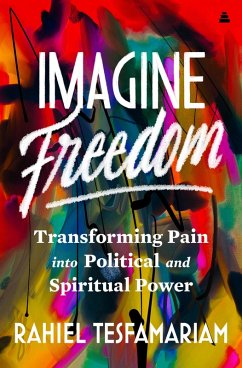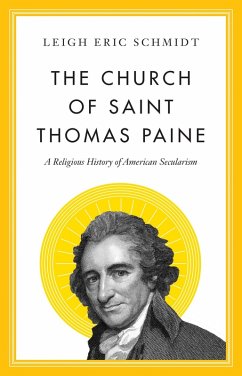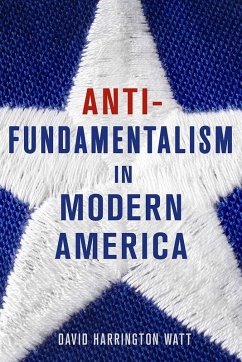
Antifundamentalism in Modern America (eBook, ePUB)
Versandkostenfrei!
Sofort per Download lieferbar
10,95 €
inkl. MwSt.
Weitere Ausgaben:

PAYBACK Punkte
5 °P sammeln!
David Harrington Watt's Antifundamentalism in Modern America gives us a pathbreaking account of the role that the fear of fundamentalism has played-and continues to play-in American culture. Fundamentalism has never been a neutral category of analysis, and Watt scrutinizes the various political purposes that the concept has been made to serve. In 1920, the conservative Baptist writer Curtis Lee Laws coined the word "fundamentalists." Watt examines the antifundamentalist polemics of Harry Emerson Fosdick, Talcott Parsons, Stanley Kramer, and Richard Hofstadter, which convinced many Americans th...
David Harrington Watt's Antifundamentalism in Modern America gives us a pathbreaking account of the role that the fear of fundamentalism has played-and continues to play-in American culture. Fundamentalism has never been a neutral category of analysis, and Watt scrutinizes the various political purposes that the concept has been made to serve. In 1920, the conservative Baptist writer Curtis Lee Laws coined the word "fundamentalists." Watt examines the antifundamentalist polemics of Harry Emerson Fosdick, Talcott Parsons, Stanley Kramer, and Richard Hofstadter, which convinced many Americans that religious fundamentalists were almost by definition backward, intolerant, and anti-intellectual and that fundamentalism was a dangerous form of religion that had no legitimate place in the modern world. For almost fifty years, the concept of fundamentalism was linked almost exclusively to Protestant Christians. The overthrow of the Shah of Iran and the establishment of an Islamic republic led to a more elastic understanding of the nature of fundamentalism. In the late 1970s and early 1980s, Americans became accustomed to using fundamentalism as a way of talking about Muslims, Jews, Hindus, Sikhs, and Buddhists, as well as Christians. Many Americans came to see Protestant fundamentalism as an expression of a larger phenomenon that was wreaking havoc all over the world. Antifundamentalism in Modern America is the first book to provide an overview of the way that the fear of fundamentalism has shaped U.S. culture, and it will lead readers to rethink their understanding of what fundamentalism is and what it does.
Dieser Download kann aus rechtlichen Gründen nur mit Rechnungsadresse in A, D ausgeliefert werden.




